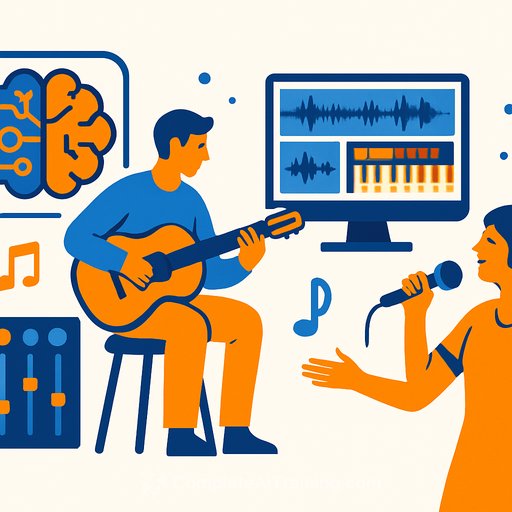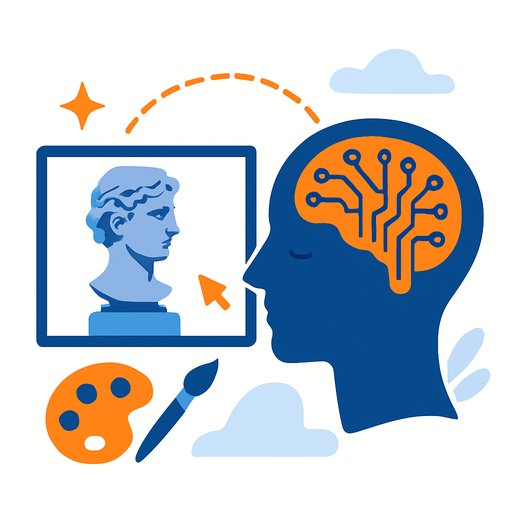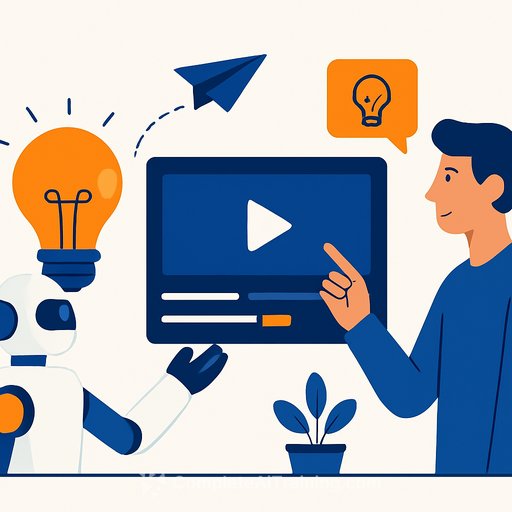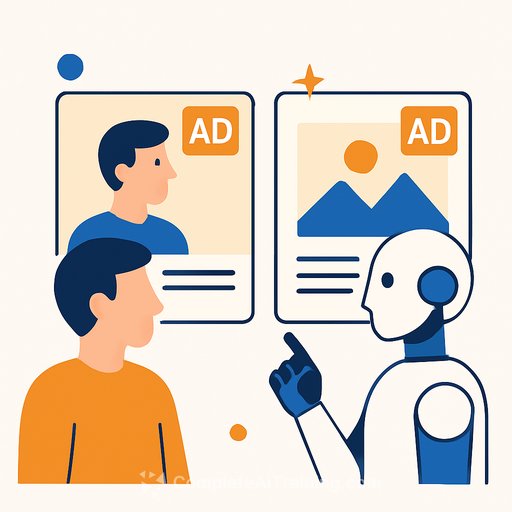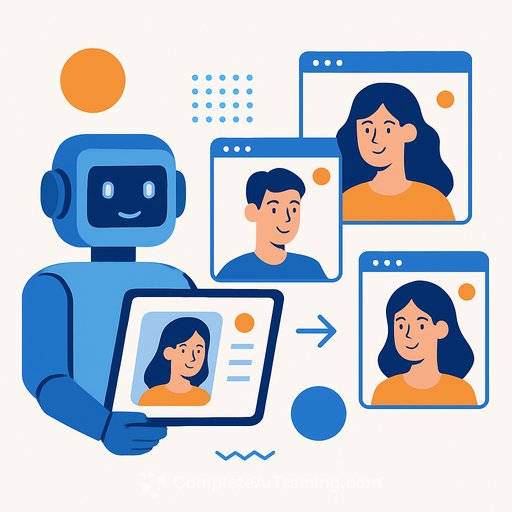How AI is Changing Music Creation, Production, and Performance
AI tools are transforming music from songwriting to mastering. Unlike traditional software, these tools learn from vast data, enabling new levels of creativity and efficiency for artists and producers.
Artificial intelligence is making its mark across industries, and music is no exception. From AI collaborators to internet-famous virtual bands, AI is reshaping how music is created, shared, and enjoyed.
Real-World Applications of AI in Music
Compositional Tools & Assistance
Platforms like OpenAI’s MuseNet and Jukebox generate music and vocals by analyzing large datasets of MIDI and audio files. Google's NSynth uses neural networks to craft completely new sounds, expanding the palette for creators.
Mastering & Production
Services such as LANDR automate audio mastering by applying compression, EQ, and limiting based on genre and style. This helps artists get professional-quality tracks without expensive studio time.
Voice Cloning & Synthesis
Tools like Vocaloid offer realistic virtual singers by combining vocal samples with pitch and timbre adjustments. Musicians can compose songs with these digital vocalists as collaborators.
Creative Workflow Augmentation
Apps like Dubnote assist by transcribing voice memos, detecting tempo, and tagging song sections, letting artists focus on creativity instead of organization.
AI Bands: Velvet Sundown
The Velvet Sundown is a fully AI-generated psychedelic-folk band that gained over 1 million monthly Spotify listeners shortly after releasing two albums. Every element—from music and lyrics to artwork and backstories—was created with AI tools like ChatGPT and Suno, guided by human input.
Their viral track “Dust on the Wind” topped charts in markets such as Sweden. Critics debated the band’s sound, calling it "generic" or "soulless," while the creators view Velvet Sundown as a challenge to traditional ideas about authorship and music ethics.
How AI Works in Music: Technical Breakdown
AI Process
- Composition generation: Deep learning models such as LSTM, Transformer, and GAN predict musical sequences to create new songs in various styles.
- Sound synthesis: Neural audio models like WaveNet autoencoders and NSynth generate new timbres by learning audio patterns.
- Voice synthesis: Methods like concatenative sampling and EpR models (e.g., Vocaloid) produce expressive vocals with adjustable pitch and tone.
- Production pipelines: Machine learning automates mixing and mastering, adjusting settings based on genre-specific data.
- Text-to-music: Multimodal AI (e.g., Suno) composes songs from text prompts, including style, mood, and lyrics.
AI vs. Regular Software
Traditional music software follows explicit rules—like applying an EQ filter at 200 Hz. AI systems learn from large datasets and identify patterns, enabling them to compose and synthesize music creatively and adaptively. Unlike deterministic tools, AI can generate new content and mimic styles in unpredictable ways, driven by statistics rather than fixed instructions.
Implications & Ethical Considerations
- Creativity and Accessibility: Artists, including members of iconic bands, use AI to overcome creative blocks and co-write music.
- Legal and Moral Issues: Copyright concerns grow as AI models train on existing works. The case of Velvet Sundown sparked debates about authenticity, ownership, and transparency.
- Economics of Music: AI lowers production costs and scales content creation but may risk displacing human artists, which could affect diversity and originality.
What Lies Ahead?
AI’s role in music will keep expanding. Expect more natural AI vocalists, improved lyricists, and tools that create music from text or images. AI will also play bigger roles in live performance and immersive experiences, including virtual and augmented reality concerts.
Human artists will remain essential. When used thoughtfully, AI tools can enhance creativity rather than replace it. AI shifts not just how music is made but who can be considered an artist. From platforms like MuseNet and Vocaloid to AI bands like Velvet Sundown, these technologies stretch creative possibilities and raise important questions about music’s future.
For creatives interested in exploring AI tools and courses, check out Complete AI Training for a range of resources tailored to skill levels and jobs in the AI space.
Your membership also unlocks:

